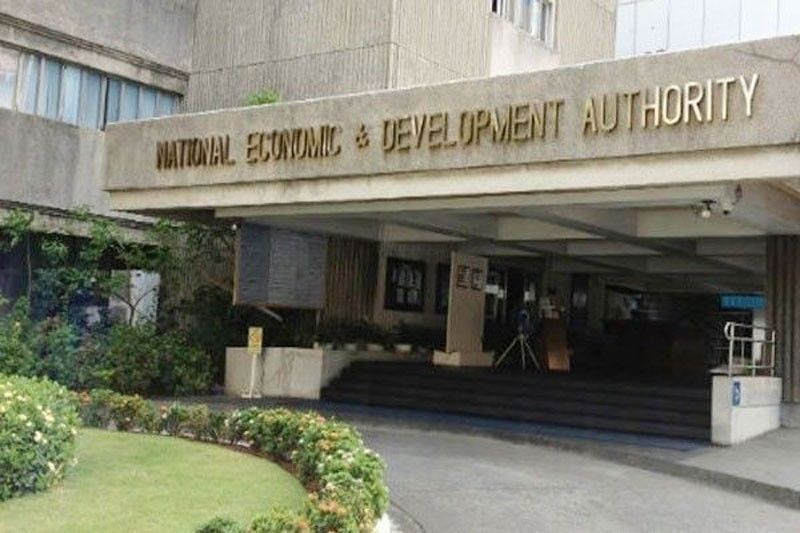Digital transformation seen to improve Metro Manila economy

MANILA, Philippines — Digital transformation will continue to play a stronger role in the growth and recovery of Metro Manila’s economy amid the pandemic, the National Economic and Development Authority (NEDA) said on Friday.
During the presentation of the 2019 economic performance of the National Capital Region, NEDA Assistant Secretary for regional development Greg Pineda said growth through new offerings would start from the services sector, which has been entrenched in the NCR’s economy in the past decades and would possibly spill over to other sectors.
As of 2019, 80.4 percent of Metro Manila’s P6.2-trillion economy was powered by the services sector, which contributed P5 trillion of the region’s economy.
Industry comprised 19.6 percent of the total, contributing P1.2 trillion while agriculture, forestry and fishing made up less than one percent.
Last year, Metro Manila’s economy grew by 7.2 percent, above the six-percent national average, which was higher compared with the growth of 5.6 percent in 2018.
The region also continued to have the highest per capita gross regional domestic product of P457,034 in 2019, well above the national average of P180,528 in the same year.
On the demand side, Metro Manila’s economy is largely supported by a P3.3-trillion consumer market that made up 52.5 percent of regional expenditure.
Average household spending for goods and services in 2019 rose by 5.1 percent to P239,830, also above the national average of P130,743 that year.
Pineda said because of the physical constraints in the metropolis, growth and recovery in the future would gravitate toward new products in the services sector.
As social distancing and travel restrictions continued amid the pandemic, Pineda said online transactions from money transfers and shopping for food and other basic necessities have increased exponentially.
- Latest
- Trending































